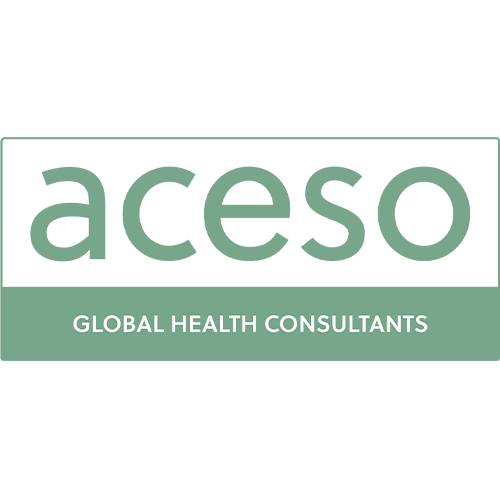Health misinformation is rapidly becoming a major threat to global public health. The spread of false information has been the culprit in hundreds of Iranians dying after thinking methanol could cure COVID-19 (1). It is also the reason why many risk their own lives through anti-mask attitudes and believe claims that COVID-19 is nothing but a hoax. Social media in particular has a significant impact on how the public make healthcare decisions; thus, it is not unreasonable to say that the probable antidote for misinformation must be a cleaner, healthier internet.
But how do we get there?
An upstream, systematic solution will be able to focus on the communication and control of health information. Researchers and governments now have the chance to engage with the spread of health misinformation online through legislation and working with health research organisations and to capitalise on the full potential of our hyperconnected world. They should take this moment to make it a priority for researchers to emphasise public engagement in their research agenda, particularly online, and to place it at the forefront of their dissemination strategies. Some schemes promoting this already exist, including Media Fellowships provided by the British Science Association (BSA), which give scientists, clinicians and engineers a chance to learn how to better engage the wider public with science through media. The Wellcome Trust also offers grant schemes under Research Enrichment – Public Engagement for researchers who want to use public insight to develop their research; which they hope will build the public’s trust in research.
The relevance of restructuring the way health information is communicated is especially pressing now; with the development of the COVID-19 vaccine creating a vacuum for scepticism to grow. Through encouraging and ensuring a productive online environment for the public response to the vaccine, we just may be able ensure research and delivery can be as effective as possible in tackling this current global health challenge. But how do we produce such an environment?
Many social media platforms have now vowed to remove content that they deem to be false or misleading with regard to COVID-19. The NHS is working with social media giants Twitter, Facebook and Instagram (2) to ensure authoritative messages are able to reach as many people as possible by speeding up the verification process, blocking sensationalist advertising of false remedies, and introducing algorithms to identify false claims. Facebook, for example, have teamed up with Full Fact to draw on expertise from internet companies, academics, civil society and fact checkers around the world to develop a consistent approach to addressing misinformation (3).
Some have argued that this new wave of censorship contradicts the inherent nature of communication networks: to provide a platform for free speech. Yet, it is equally possible to argue that social media’s ability to reach mass populations instantly, paired with the rapidly evolving science behind COVID-19, necessitates such fast-paced responses, both via social media and to the issues that it can produce.
Blocking and labelling of misinformation is a quick fix and one that may be the only option for rapidly clamping down; given the immediate need to encourage uptake of a vaccine. However, in the long-term it is unsustainable and will lead to further, often more complex issues in the future: algorithms to detect false information will not always work; mistrust in government and research will escalate; whilst some users inhabit echo chambers or will join platforms that will not have the same restrictions in place, consuming information that confirms their beliefs. Instead, we should work to encourage the view in real life and online that science is a social institution; a view that will facilitate proactive health messaging through discussion prompted by reciprocal conversation between health officials and the public. This method of public engagement to combat false information is fundamentally more effective than relying on censorship.
It is only through engagement between scientists, government, media and the public that misinformation can be effectively countered, and the emphasis rests firmly with the former three. Scientists will have to work towards embedding engagement and public insight strategies into their research agendas, government must legislate and work with media organisations to limit the spread of misinformation on their platforms but do so in a transparent manner. The media must coordinate with researchers to more clearly convey findings, encourage public insight, and to set up ways to rapidly refute dangerous claims. Ultimately, these must all contribute to rebuilding public trust in science, without which health misinformation will only proliferate.

References:
-
Aghababaeian H., et al., "Alcohol intake in an attempt to fight COVID-19: A medical myth in Iran." Alcohol (Fayetteville, N.Y.) 2020; vol. 88:29-32. doi:10.1016/j.alcohol.2020.07.006. Published November 2020.
-
Cowen A., Government, social media to tackle Covid-19 misinformation. National Health Executive. [External Link] Published 9th November 2020. Accessed 29th December 2020.
-
Aitken N., Arnold P., Bringing together the UK Government, Facebook, and others to combat misinformation crises. Full Fact. [External Link] Published 20th November 2020. Accessed 29th December 2020.
Health Misinformation - Who's Responsible?
Written by Kritika Rai
